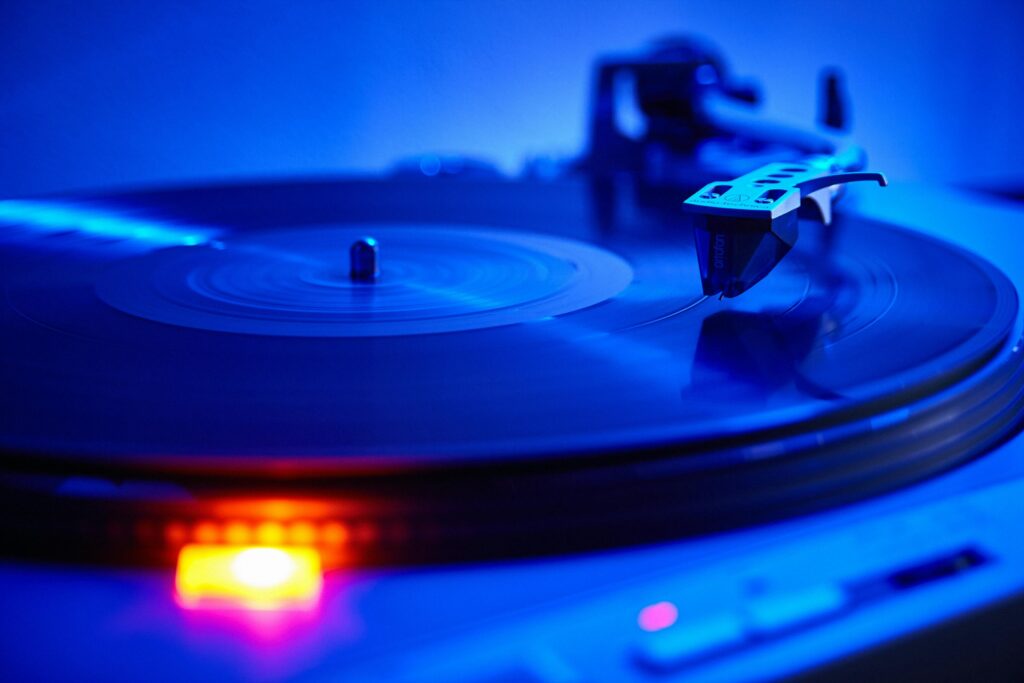|
Getting your Trinity Audio player ready…
|
It would be hard to find a trio better equipped to tackle an entire album of saxophonist Anthony Braxton’s compositions than Thumbscrew. Braxton is an accomplished veteran of the avant-garde, free improvisation, and everything in between. Mary Halvorson (guitar), Tomas Fujiwara (drums, vibraphone), and Michael Formanek (bass) do not approach The Anthony Braxton Project (Cuneiform Records, 2020) with the same distance that many other musicians may have. Braxton has played with every member of Thumbscrew, having a profound influence on Halvorson in particular. Braxton is a mentor to the guitarist, who changed her college major from biology to music after taking a class with him at Wesleyan University.
Interpreting Braxton’s work could go horribly wrong quite easily. The saxophonist’s compositions are not for everyone – they tend to be abstract, knotty, and complex. However, due to Thumbscrew’s high level of familiarity and understanding of Braxton’s work, the strong synergy of the trio is no surprise. Thumbscrew creates ample space to roam in and around Braxton’s motifs, which range from extremely strict to sporadic. Listening to the trio’s dynamic improvisational approach, it’s hard not to be impressed.
“Composition No. 61” is a great example of just how explosive this band can be. Fujiwara’s forceful, militaristic drumming supports Halvorson and Formanek as the duo move from the tune’s theme to improvisation that only gets wilder as it goes on. Eventually, Fujiwara leaves his more rigid role and turns up the intensity even further. Each musician embarks on a distinct creative adventure, and by the end of “Composition No. 61”, Halvorson’s eccentric use of effects takes the band to outer space.
“Composition No. 68” showcases a much mellower side of the band. The tune begins with a mysterious atmosphere of hazy guitar, solemn bass arco, and subtle drum brushwork. Fujiwara, who normally does not record on vibraphone, is extremely nimble on the instrument as the band begins to fill the space with interesting variations of a firm theme. Vibraphone, psychedelic bent guitar, and twirling bass arco give the song a mesmerizing conclusion.
Fujiwara opts for the vibraphone again on “Composition No. 35” with similarly captivating results. The multi-instrumentalist has a scattered battle with Halvorson before switching back to the drums to accompany Formanek as the bassist takes a fine solo. The bass is key in “Composition No. 150”, wherein a combination of scratchy arco, icy guitar, and chimes produce an unsettlingly eerie opening minute. The final track, “Composition No. 79”, closes the album with superb playing and a surprisingly groovy theme. A strong emphasis on the power and freedom of collective improvisation makes The Anthony Braxton Project a great listen from start to finish.
Tracklist: (1) Composition No. 52, (2) Composition No. 157, (3) Composition No. 14 – Guitar, (4) Composition No. 68, (5) Composition No. 274, (6) Composition No 14 – Drums, (7) Composition No. 61, (8) Composition No. 35, (9) Composition No. 14 – Bass, (10) Composition No. 150, (11) Composition No. 79.
Personnel: Tomas Fujiwara (drums, vibraphone), Mary Halvorson (guitar), Michael Formanek (double bass).
Thumbscrew’s ‘The Anthony Braxton Project’ will be available July 24, 2020 on Cuneiform Records







Leave a Reply